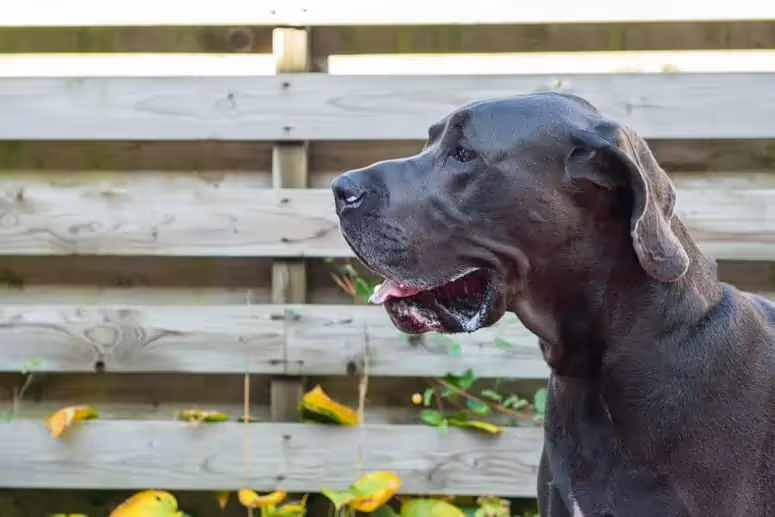For the Purrbabies


From excitement to illness, your dog's excessive drooling can indicate various conditions. Discover how to interpret this common canine behavior.

When your dog suddenly starts foaming at the mouth, it’s natural to feel a surge of panic. The media has conditioned us to associate this symptom with dire scenarios, but the reality is often less dramatic. While some causes of mouth foaming can be serious, many are benign or easily treatable. The key is knowing how to differentiate between normal slobber and potentially problematic drooling. In this guide, we’ll demystify the reasons behind your dog’s frothy mouth, help you recognize when it’s time to worry, and provide practical steps for addressing this common canine issue.
Because of stories like Old Yeller, our first thought when we see our dog foaming at the mouth is rabies. However, there are plenty of other reasons why your dog’s mouth might be foaming. In fact, “foaming at the mouth” is simply a term for thicker, whiter drool. Some dogs tend to slobber more than others or are prone to heavier drooling.
The causes of this exceptionally viscous drool range from being a healthy dog to life threatening situations. Ultimately, only a vet can rule out particularly dangerous causes. Here are some of the reasons your pup might be foaming at the mouth:
Once your veterinarian has ruled out the life-threatening causes we’ll go over below, you’ll be able to consider these possible underlying causes for why your dog’s saliva is thick and frothy.
While the reasons listed above can be concerning, they aren’t necessarily life-threatening. However, in some cases, excessive drooling or foaming can be a sign of a much more serious situation that requires immediate care.
If it’s normal for your dog’s breed to produce an excessive amount of saliva and it hasn’t increased in amount, color, or viscosity, this may just be normal. If a change in behavior leads to excessive drooling and a significant difference in your dog’s saliva, though, it’s a good idea to bring your dog to the vet as soon as possible.
In some cases, the cause of your dog’s frothy drool may be something simple. To help your dog feel better with an upset stomach, we recommend mixing a little pumpkin into their food. Or, for those hot summer days, have water available to drink at all times and get your pup inside as soon as possible to help them cool down and stay comfortable.
If your dog is still producing foam or drool over a few hours then it’s time to head to the vet.
Heavy panting, medications, upset stomach, ingesting toxins and some illnesses can all cause dogs to foam at the mouth., if they don’t clear up quick and accompany other symptoms, it’s important to get to your vet as soon as possible.
Being naturally curious, it isn’t unusual for dogs to lick a toad or frog (or try to eat it) and the result may lead to foaming at the mouth. Fortunately, in the U.S., most frogs lead to only mild irritation. Two especially toxic types of toads—the Colorado River Toad and Cane Toad (Trusted Source) —that pose a serious risk to dogs, and both are found in the warmest parts of the country, namely Hawaii, Texas, Florida, Arizona, New Mexico, and California.
Changes in behavior, seizures, tremors, vomiting, diarrhea, and foaming at the mouth can be signs that a dog has ingested poison. However, other symptoms are possible as well. Dog owners should call the Pet Poison Helpline (1-800-213-6680) immediately if a dog has ingested anything unusual. For a fee, the helpline service will be able to determine if the ingested item is toxic and if treatment is needed.








